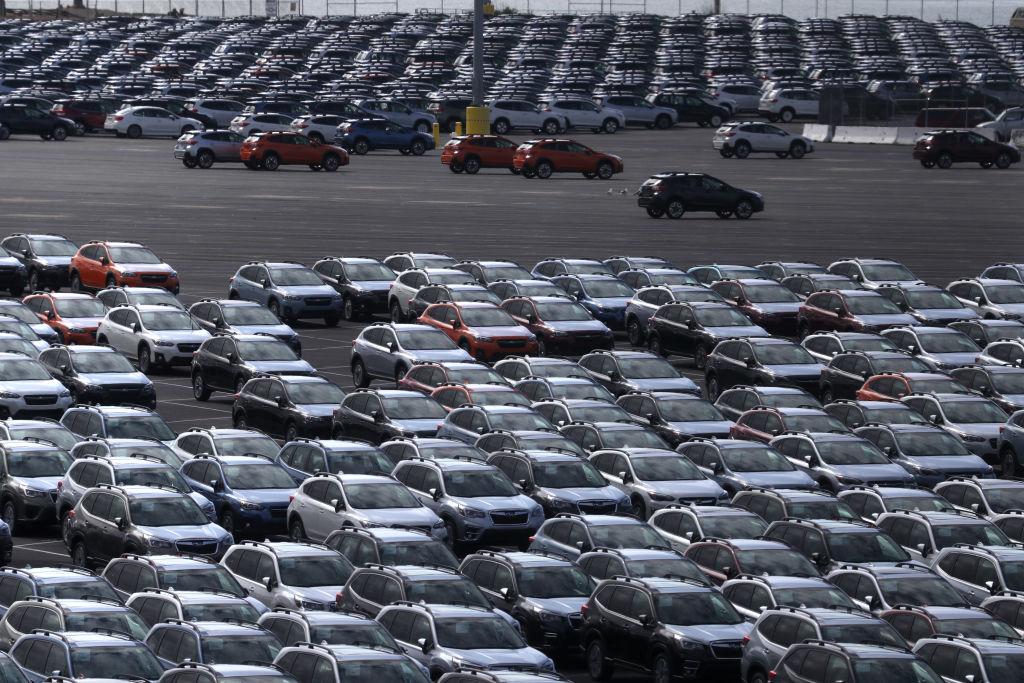WASHINGTON—The ongoing trade war between the world’s two largest economies has started to affect Europe. And if escalating tensions should lead to the United States imposing auto tariffs, the effects on European countries—particularly Germany and Italy—will worsen, according to Goldman Sachs.
The White House announced a six-month delay on May 17 to the decision on whether to impose tariffs on autos and auto parts, bringing a temporary sigh of relief to the euro area. However, the increasingly bitter trade dispute between the United States and China has already affected business sentiment in Europe.





